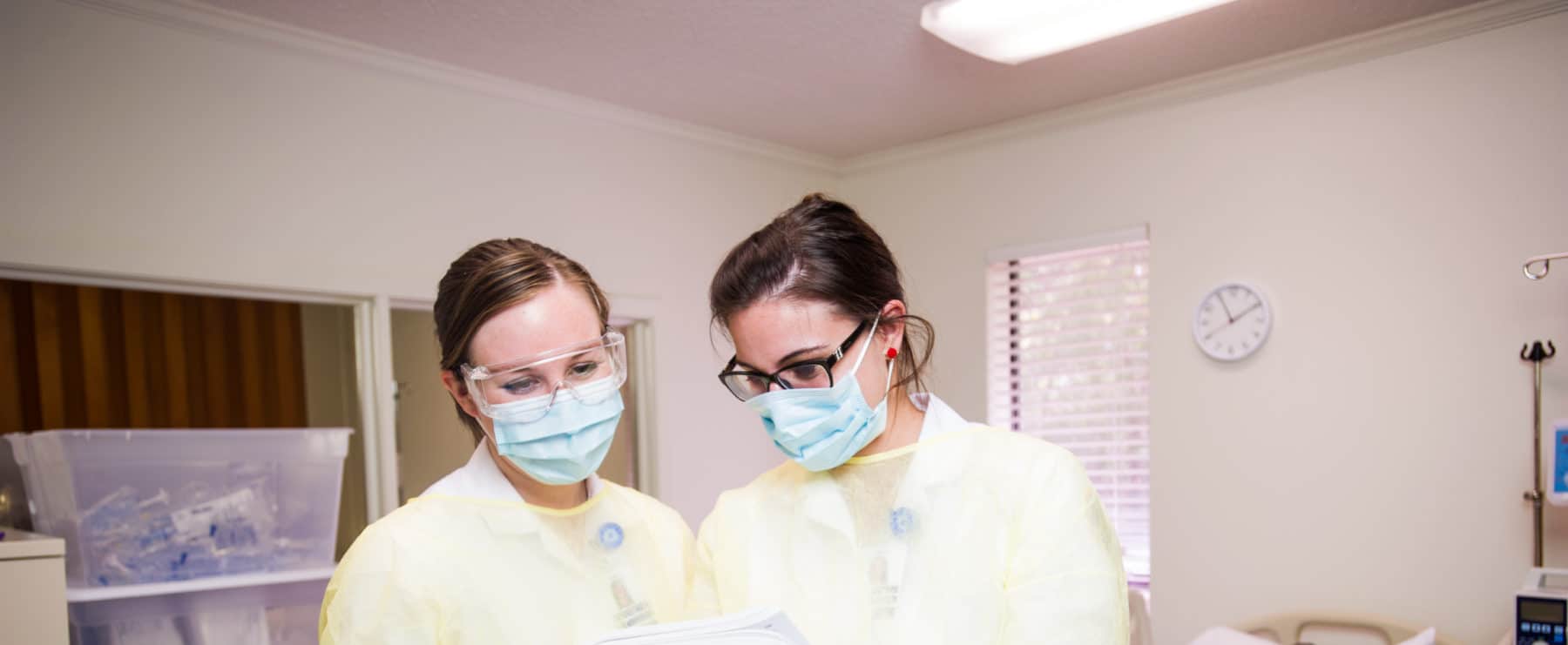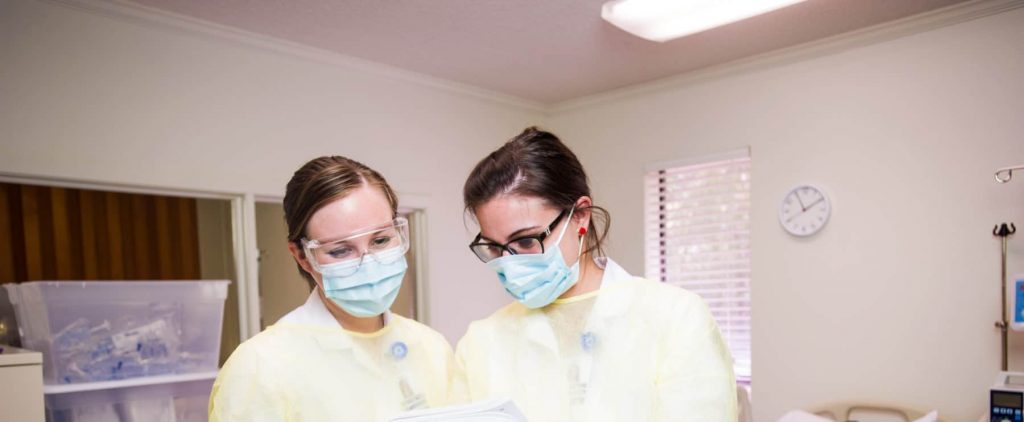Texas A&M-Commerce Department of Nursing Receives CCNE Accreditation

[pro_ad_display_adzone id=”1121″ padding=”15″]

The A&M-Commerce Department of Nursing recently received news that both of its nursing programs have been accredited by the Commission on Collegiate Nursing Education (CCNE). CCNE is the sole accrediting agency for upper-level nursing programs.
The university’s Master of Science/Family Nurse Practitioner program received a five-year accreditation, the maximum for a new program; whereas, the Bachelor of Science in Nursing received a ten-year reaccreditation. The BSN program received its initial accreditation in 2014.
Department of Nursing director, Dr. Carole McKenzie, said accreditation is essential for many reasons. Students must graduate from an accredited program to pursue advanced degrees and to sit for licensure and certification exams. Accreditation also enhances the reputation and credibility of a nursing program, assuring students, faculty and patients of a program’s quality.
Additionally, accreditation enables the nursing department to develop partnerships with clinical agencies, including hospitals, medical clinics and doctors’ offices, where students receive hands-on clinical experiences. According to McKenzie, “Accreditation puts us on a playing field that is noted for high quality and increases the likelihood a clinical facility will want an affiliation with us.”
The accreditation process, which was spearheaded by retired director of nursing, Dr. Barbara Tucker, was an intensive journey. The nursing faculty wrote extensive self-study reports based on CCNE standards, and a CCNE accreditation team visited the nursing department last April to examine the program, visit clinical sites and meet with an advisory board.
According to McKenzie, the accreditation process involved not only the nursing faculty and staff but also university administration, support services, clinical agencies, alumni, consumers and the nursing advisory board. “The collaboration across all of these entities is critical for the accreditors to assess,” McKenzie said. “We are thankful that we have had such great partners in this process.”
The recent CCNE accreditation coincides with the nursing department’s upcoming move to the new state-of-the-art Nursing and Health Sciences building, where additional space, technology and resources will promote the nursing program’s continued expansion.
Nursing lab coordinator, Kimberly Vice, said she is excited about the program’s ability to address the demand for well-prepared nurses in our rural community. “We continue to expand and offer innovative educational opportunities for our students in the Clinical Learning Center through simulation, informatics and skill development,” Vice said.
McKenzie agrees. “We are incredibly excited about the future in our new building and with the possibilities of growth and further development of the nursing program. We have a major impact on nursing care in our catchment area, and expansion can only increase the quality we bring to the citizens of our rural geography,” she said.
[adning id=”33207″]
[adning id=”33207″]













